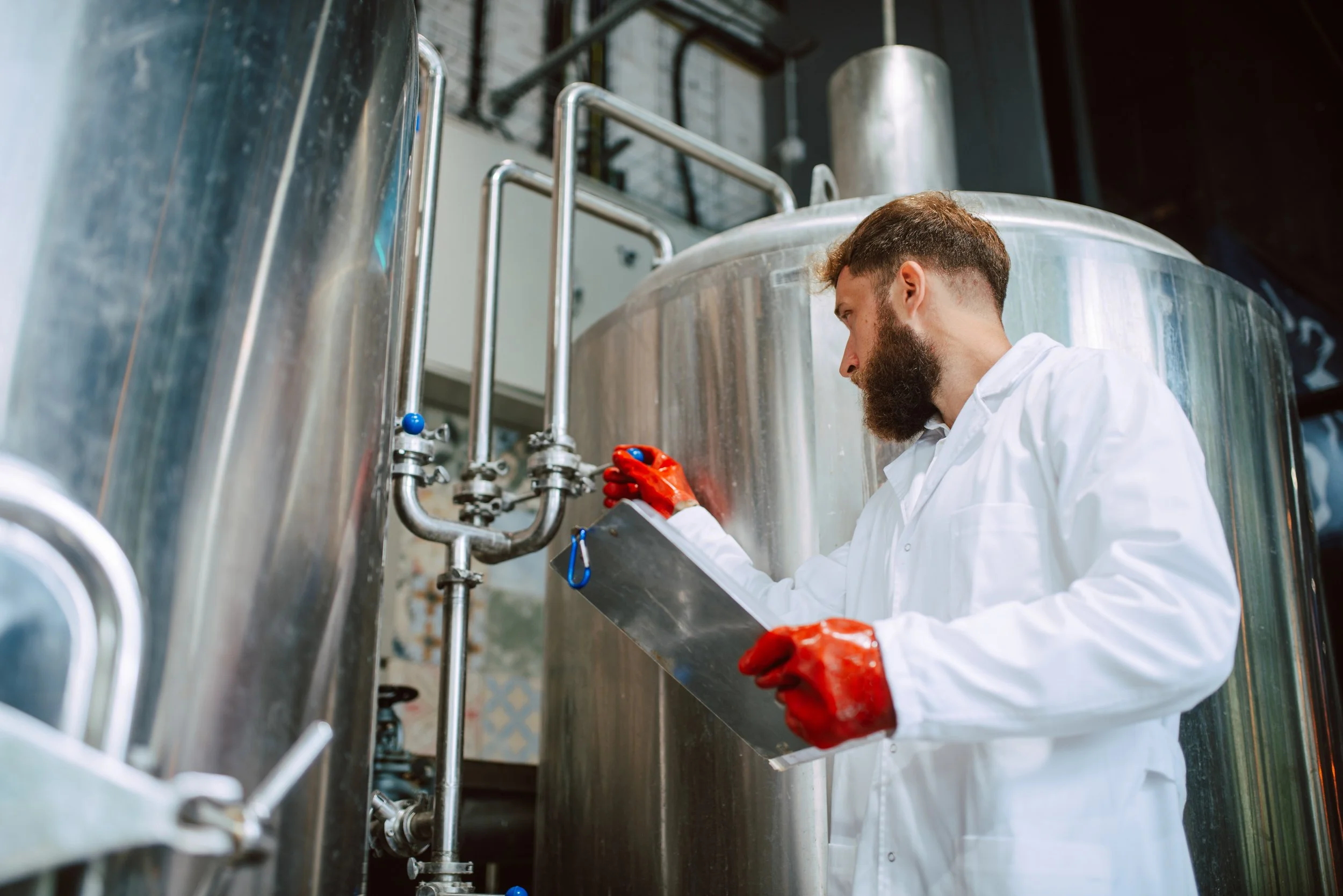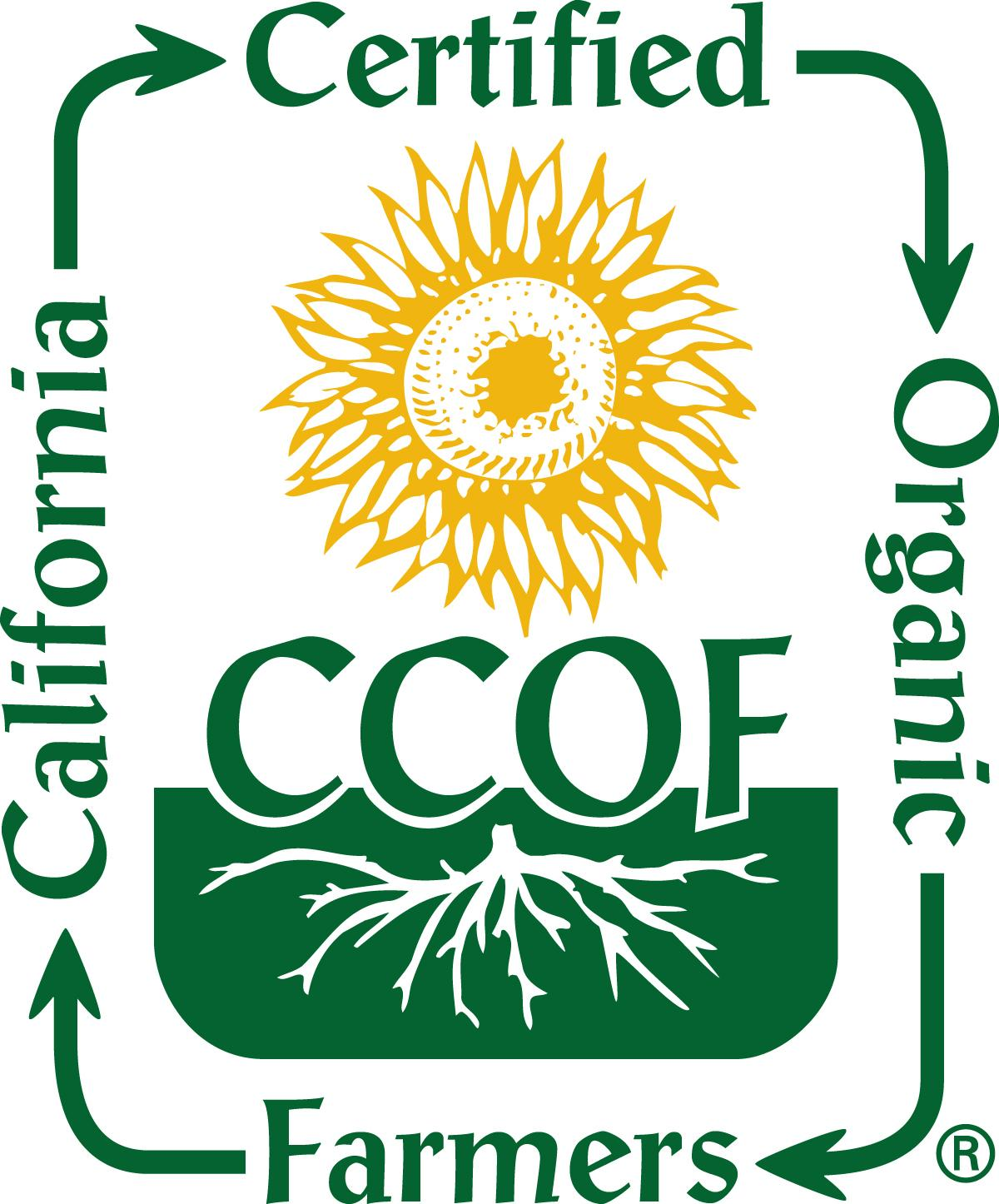Regulatory Compliance
Your product’s reputation depends on trust, and regulatory compliance is essential to that trust. Meeting strict standards ensures that every batch is safe, consistent, and made with integrity, so your customers can always rely on your brand.
Regulatory Compliance
Your product’s reputation depends on trust, and regulatory compliance is essential to that trust. Meeting strict standards ensures that every batch is safe, consistent, and made with integrity, so your customers can always rely on your brand.

Standards & Certifications
At our core, we are committed to exceeding industry standards by adhering to certifications such as HACCP and GMP. We employ rigorous testing protocols and systematic ingredient verification to ensure that every product meets or surpasses the highest safety and quality benchmarks.
California Certified Organic Farmers (CCOF):
CCOF (California Certified Organic Farmers) is a certification body that verifies farms and food processors follow organic standards. It ensures products meet environmental and health requirements through science-based criteria, promoting organic farming practices.
HACCP (Hazard Analysis and Critical Control Points):
HACCP (Hazard Analysis and Critical Control Points) is a food safety system that identifies potential hazards during production and sets up control measures to prevent or minimize risks, ensuring the safety of the final product.
PCQI (Preventive Controls Qualified Individual):
A PCQI (Preventive Controls Qualified Individual) is a trained food safety expert responsible for creating and managing a food safety plan. They identify potential hazards and establish preventive measures to ensure food production processes meet regulatory standards and prevent contamination.
Food Defense:
Food Defense Certification is a process that ensures a facility has measures in place to protect against intentional contamination. It evaluates security protocols, assesses vulnerabilities, and reviews crisis management strategies to maintain the safety and resilience of food production and supply chains against deliberate acts.
FDA (U.S. Food and Drug Administration):
The FDA (Food and Drug Administration) is a federal agency that ensures the safety, effectiveness, and security of food, drugs, medical devices, and tobacco products. It also oversees initiatives like the Food Safety Modernization Act, aimed at preventing contamination in the food system.
Department of Agriculture and Consumer Services:
Department of Agriculture and Consumer Services is a state-level agency dedicated to supporting agricultural productivity and protecting consumers. It ensures the safety, quality, and sustainability of food and agricultural products by enforcing food safety standards, providing education and resources to producers and consumers, and promoting policies that enhance economic growth and public health.
American Culinary Foundation:
American Culinary Federation is a professional organization that supports chefs and culinary professionals across the U.S. It provides resources for education, certification, and networking, while promoting high culinary standards, professional development, and food safety practices within the industry.
AIB International:
AIB International is a nonprofit organization that offers food safety training, auditing, and certification services. It helps food manufacturers and processors uphold high standards in food safety management systems through education, assessments, and consulting, ensuring products meet safety and regulatory requirements.










